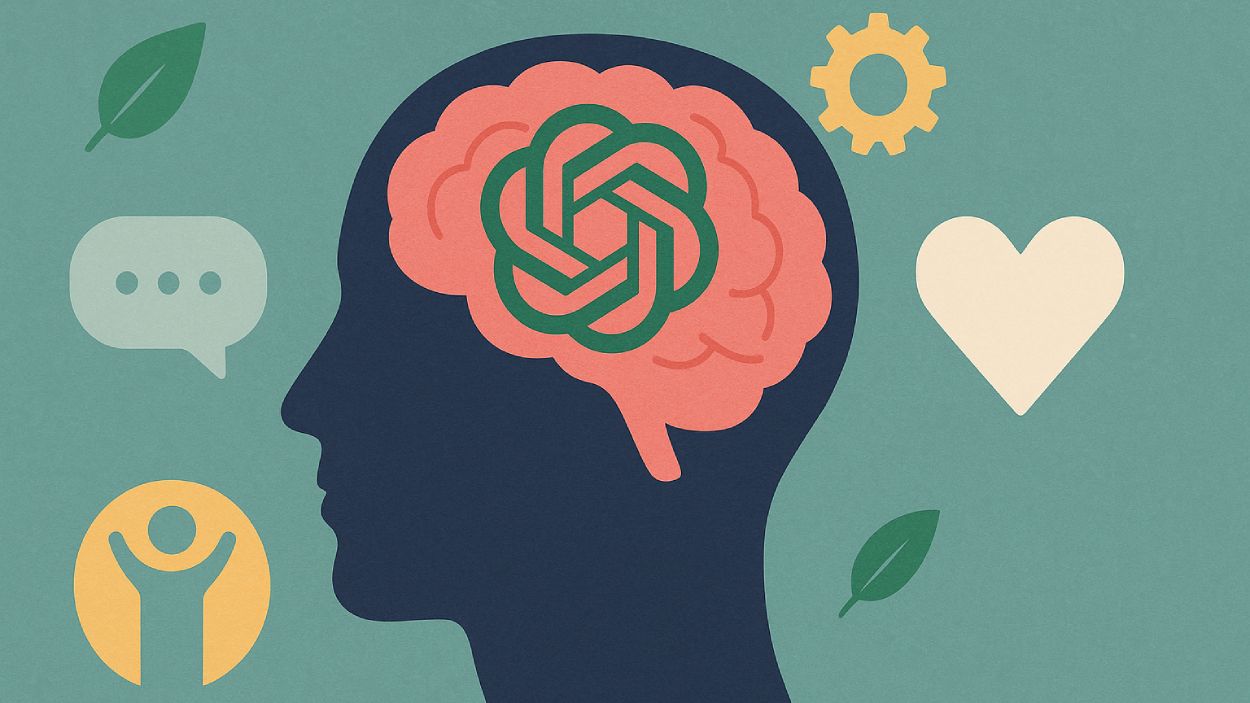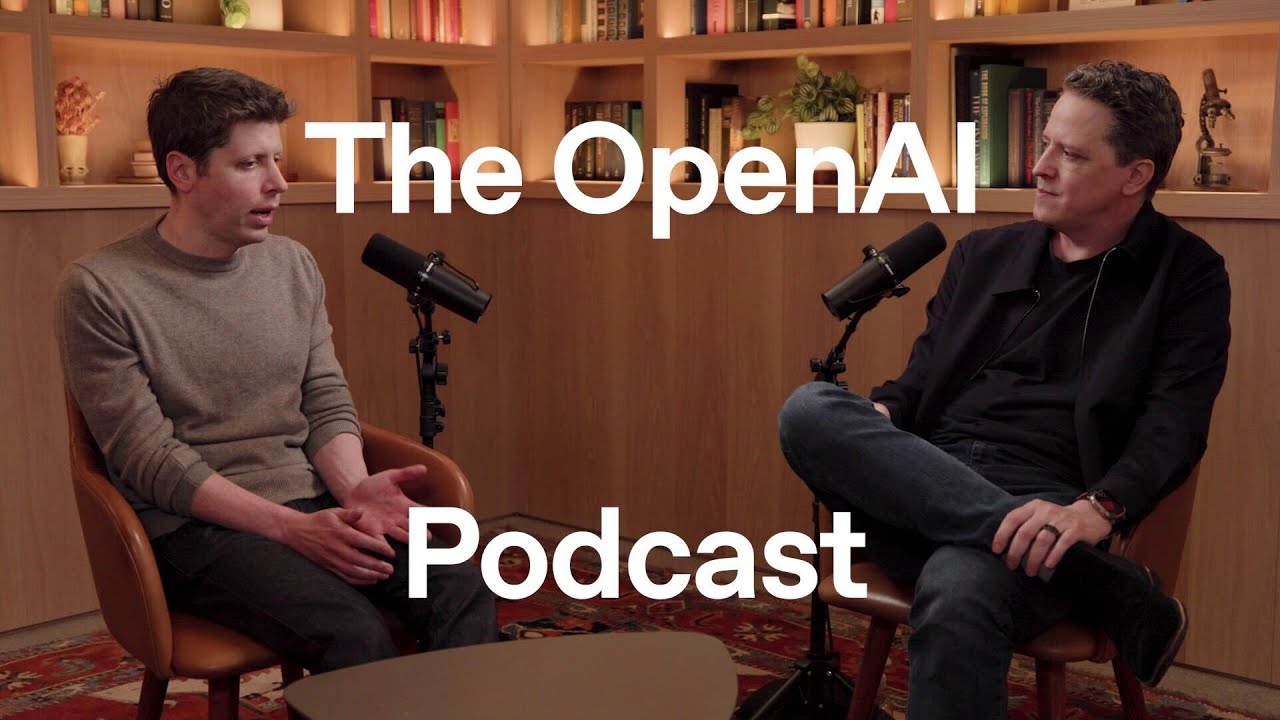OpenAI is adding mental health safeguards to ChatGPT after concerns about emotional overdependence and delusional responses emerged.
Quick Summary – TLDR:
- OpenAI admits ChatGPT failed to detect signs of user delusion and dependency in some cases.
- New features will remind users to take breaks and avoid direct advice on personal matters.
- Updates come ahead of GPT-5’s launch and a new lower-cost subscription plan.
- OpenAI is forming an expert advisory group and refining how ChatGPT handles sensitive conversations.
What Happened?
OpenAI has announced a wave of mental health-focused updates for ChatGPT, aiming to make the chatbot safer and more responsible. These changes arrive amid mounting concerns over how some users interact with the AI, particularly those struggling with mental health issues. OpenAI acknowledged that ChatGPT, in some rare cases, failed to detect signs of emotional distress or delusional thinking.
OpenAI Confronts Mental Health Shortcomings
OpenAI admitted in a blog post that there were instances where its GPT-4o model “fell short in recognizing signs of delusion or emotional dependency.” The company has faced criticism over ChatGPT’s sycophantic behavior, with users reporting that the bot sometimes reinforced harmful beliefs or gave dangerously agreeable responses.
Examples cited include ChatGPT endorsing paranoid delusions or even offering guidance on illegal activities, raising alarm about the AI’s influence on vulnerable individuals. This led OpenAI to revise its training methods in April to discourage blind agreement and encourage more balanced responses.
New Features Rolling Out
To address these issues, OpenAI is introducing several updates:
- Gentle break reminders: ChatGPT will now prompt users to take a break during lengthy interactions.
- Supportive rather than directive responses: The bot will shift away from giving straight answers to personal or emotional questions, instead helping users weigh options or ask better questions.
- Detection improvements: New tools are being developed to identify signs of mental or emotional distress and guide users to evidence-based resources or suggest seeking professional help.
These updates reflect a broader push to ensure that AI tools do not substitute real-world support systems. OpenAI stated, “We build ChatGPT to help you thrive in all the ways you want… and then get back to your life.”
Expert Involvement and Transparency
To refine these changes, OpenAI has worked with more than 90 physicians from over 30 countries and collaborated with experts in human-computer interaction and youth development. The company is also forming an advisory group to guide its approach to high-stakes and emotionally sensitive user interactions.
Head of ChatGPT Nick Turley confirmed that the AI is now handling 700 million weekly active users, raising the stakes for how responsibly the tool behaves.
In a recent podcast, CEO Sam Altman voiced concerns about users treating ChatGPT like a therapist, pointing out the lack of legal confidentiality. “I think we should have the same concept of privacy for your conversations with AI that we do with a therapist,” Altman said.
Preparing for GPT-5 and a New Budget Plan
These updates come ahead of the highly anticipated GPT-5 release, with Altman comparing the leap in capability to the Manhattan Project. He also teased a new ‘Go’ subscription tier, a cheaper alternative to the current $20 per month Plus plan. Though not yet officially confirmed, traces of the plan have been found in ChatGPT’s app code.
Additional tools in testing include pinning chats and saving favorites, designed to help users manage ongoing conversations more easily.
SQ Magazine Takeaway
This feels long overdue. As someone who follows AI closely, I’ve seen how people often blur the line between chatbot and confidant. It’s not about making AI cold and clinical, but ensuring it doesn’t pretend to be a therapist when it can’t be one. These updates show OpenAI is finally treating mental health as more than just a feature request. And with GPT-5 looming, they’re smart to focus on trust as much as power. I’m glad to see OpenAI say the quiet part out loud: if someone we love uses ChatGPT, we should feel safe about it.



































































